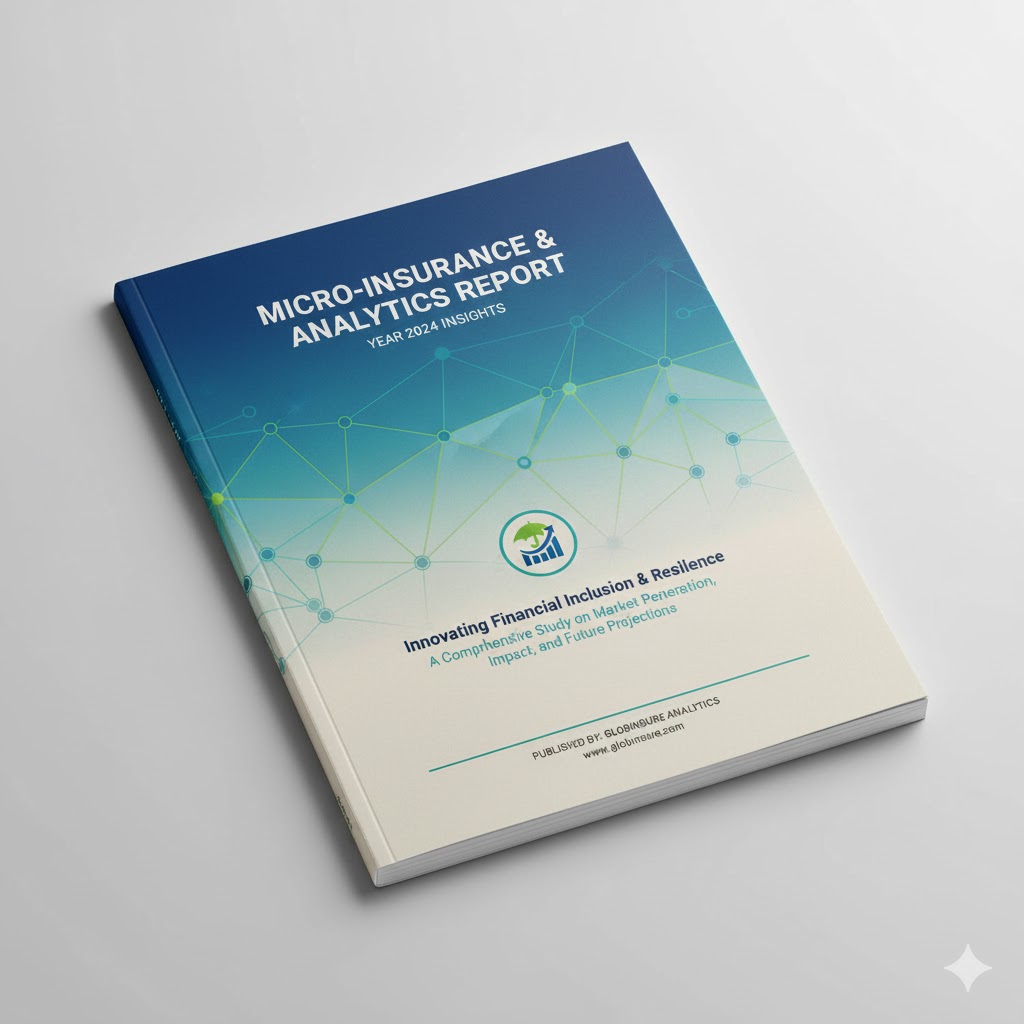
Rashtriya Swasthya Bima Yojana (RSBY) – India
India's national public health insurance scheme for the poor, offering smart card–enabled, cashless hospitalization to over 37 million low-income families. This flagship initiative aims to enhance access to healthcare and financial protection for the most vulnerable populations across the country.
Date Issued
2015
Topics
